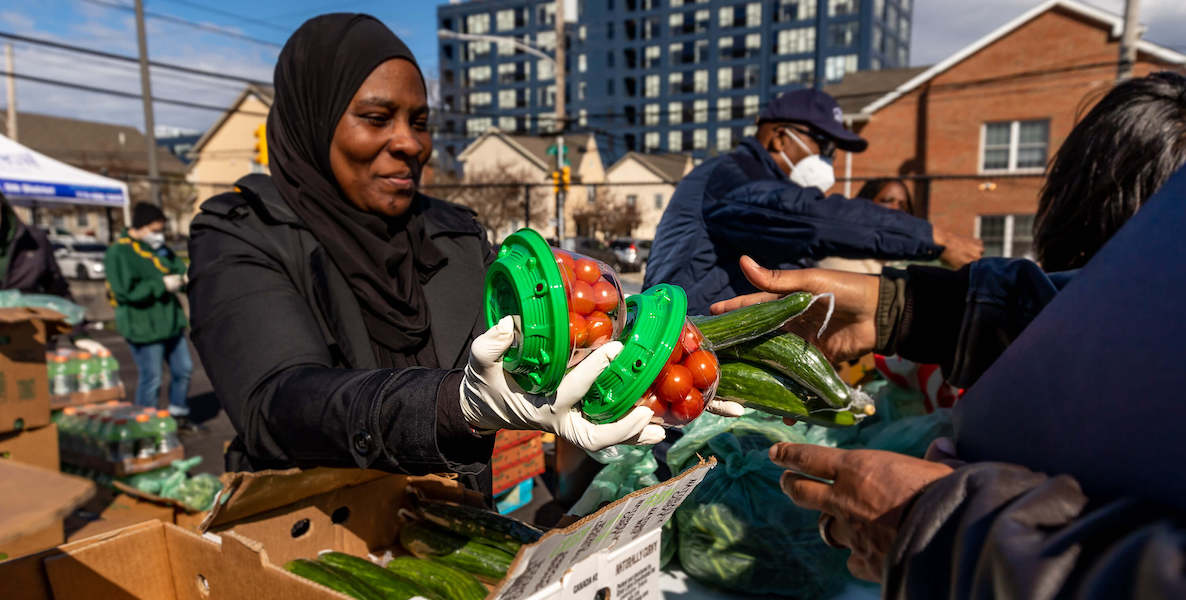Angela Duckworth is the Beyonce of the social science world.

The MacArthur “Genius” Award-winner and Penn professor of psychology became wildly popular for her work on grit, and the best-selling book that popularized it, but her West Philly-based research center, Character Lab, focuses on the other traits that build character as well. Among the 12 she and her team have studied, like curiosity, kindness, and honesty, is gratitude.
According to Character Lab, “Grateful people are happier and more fulfilled. And gratitude leads you to be nicer to other people: more cooperative, patient, and trusting.”
Duckworth takes pride in her team’s data-driven output, like their signature“Playbooks”; they’re science-backed advice guides to help parents and teachers cultivate these traits in youth. Here, courtesy of Duckworth and just in time for Thanksgiving, is an excerpt from Character Lab’s Gratitude Playbook, plus some of the Lab’s recommended activities and suggested further reading.
You can find the complete Gratitude Playbook here.
Why does gratitude matter?
When you feel gratitude, you feel a sense of abundance. When you express gratitude—especially when it’s heartfelt—you strengthen your relationships with others. Grateful people are happier and more fulfilled. And gratitude leads you to be nicer to other people: more cooperative, patient, and trusting.
Pulse Check
Think about how your day is going. How many of these things are true?
- I said “thank you” to someone.
- I did something nice to show my appreciation.
- I can list lots of people and things that I’m lucky to have in my life.
- I noticed when someone helped me.
- I felt a sense of thankfulness.
How do I encourage gratitude in others?
Model it. Talk about the good things that happen to you: “I love this gorgeous spring day!” Reframe difficulties by highlighting positive aspects: “Work has been stressful lately, but I’m grateful that my boss trusts me with important responsibilities.”
Celebrate it. Acknowledge when someone demonstrates gratitude: “It makes me feel really great when you thank me for what I am doing.” Display thank you notes you’ve received where others can see them. Post Three Good Things on social media.
Enable it. Keep stationery handy for writing thank you notes. At dinner, make it a habit to begin by sharing one good thing that happened that day. Establish a birthday ritual to write notes of appreciation.
Learn even more about gratitude
Add these C-Lab-approved books to your holiday weekend reading list, all available at Head House Books:
Gratitude Works!: A 21-Day Program for Creating Emotional Prosperity by Robert A. Emmons
Why Character Lab loves it: A pioneer in psychological research on gratitude, Robert Emmons teaches how to weave thankfulness into your daily life. His 21-day challenge provides step-by-step suggestions that may be helpful to those who have had trouble establishing a gratitude journal.
Gratitude by Oliver Sacks
Why Character Lab loves it: As neurologist and writer Oliver Sacks approaches death, he reflects on his life and shows how a grateful outlook can help us deal with the worst that can happen.
Treating People Well: The Extraordinary Power of Civility at Work and in Life by Lea Berman and Jeremy Bernard
Why Character Lab loves it: This guide to civility and social skills was written by two White House Social Secretaries who worked under Presidents Barack Obama and George W. Bush. Their experiences taught them a fundamental lesson—everyone is important and everyone deserves to be treated well.





